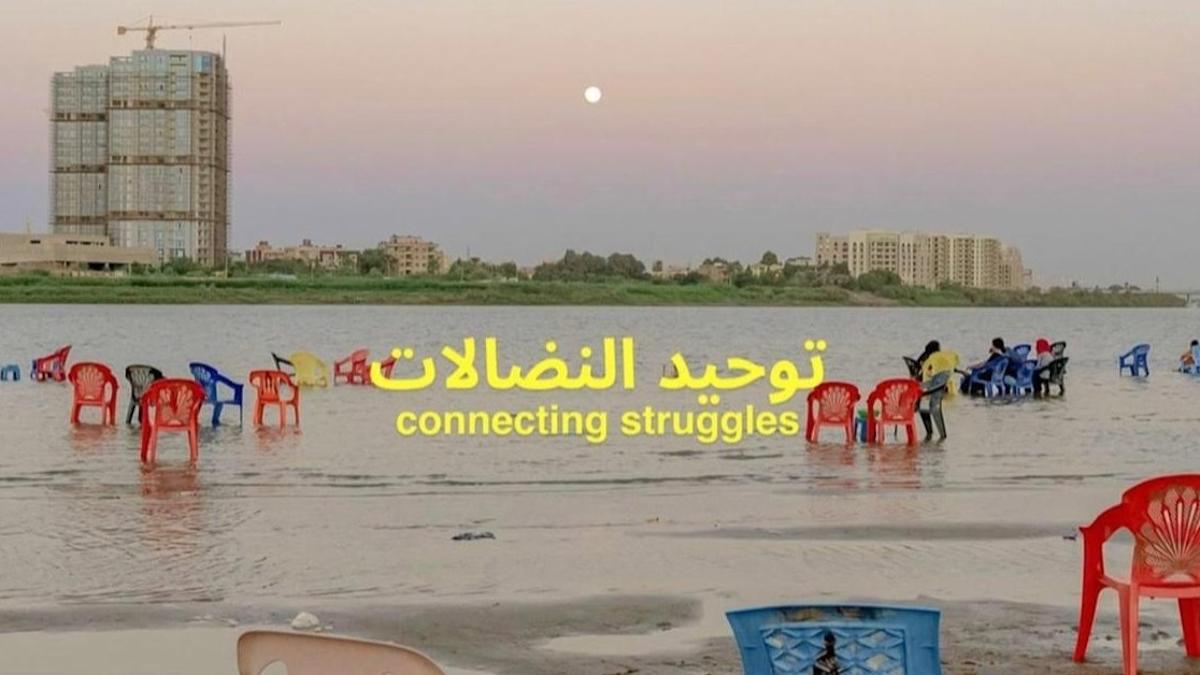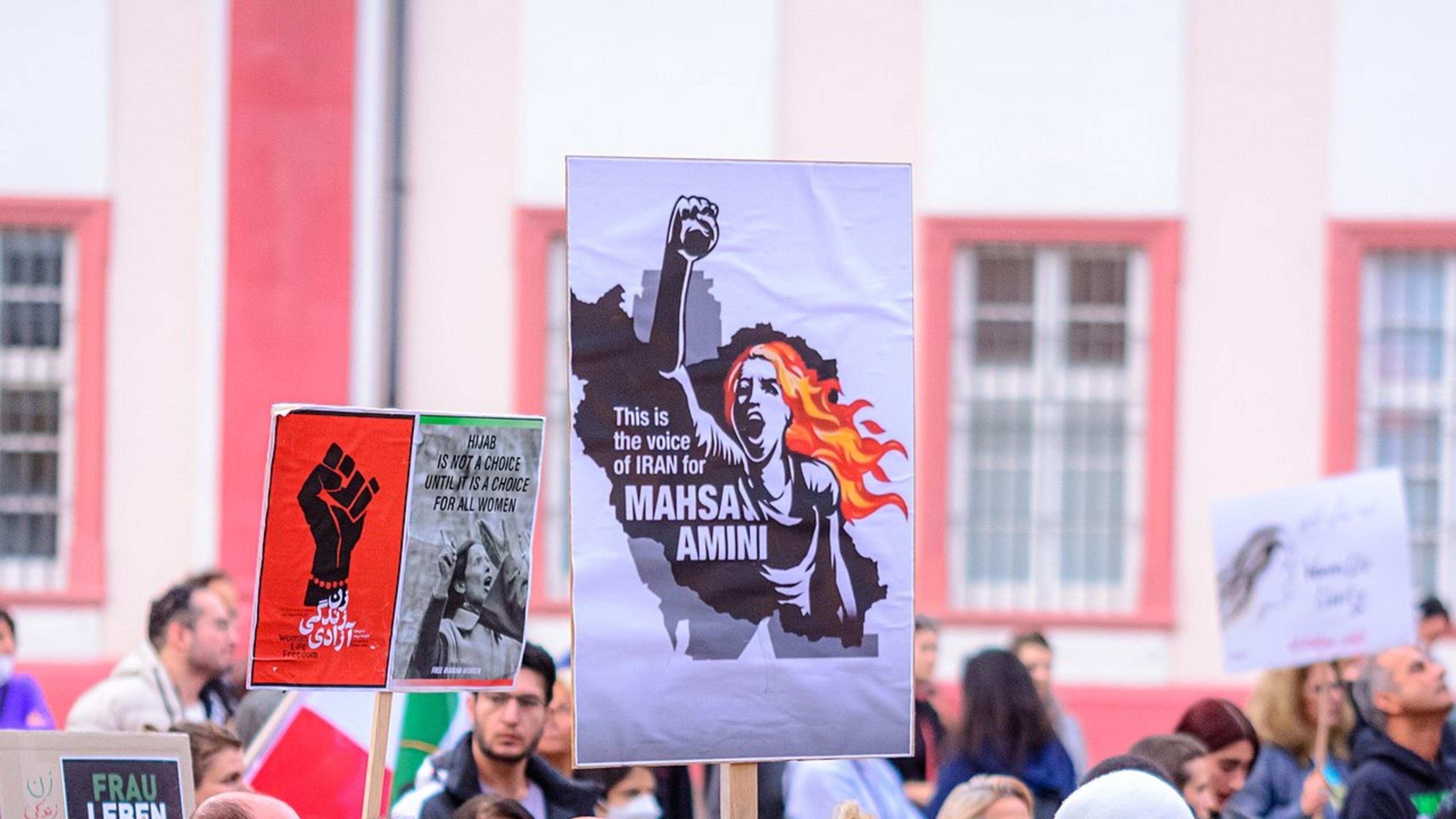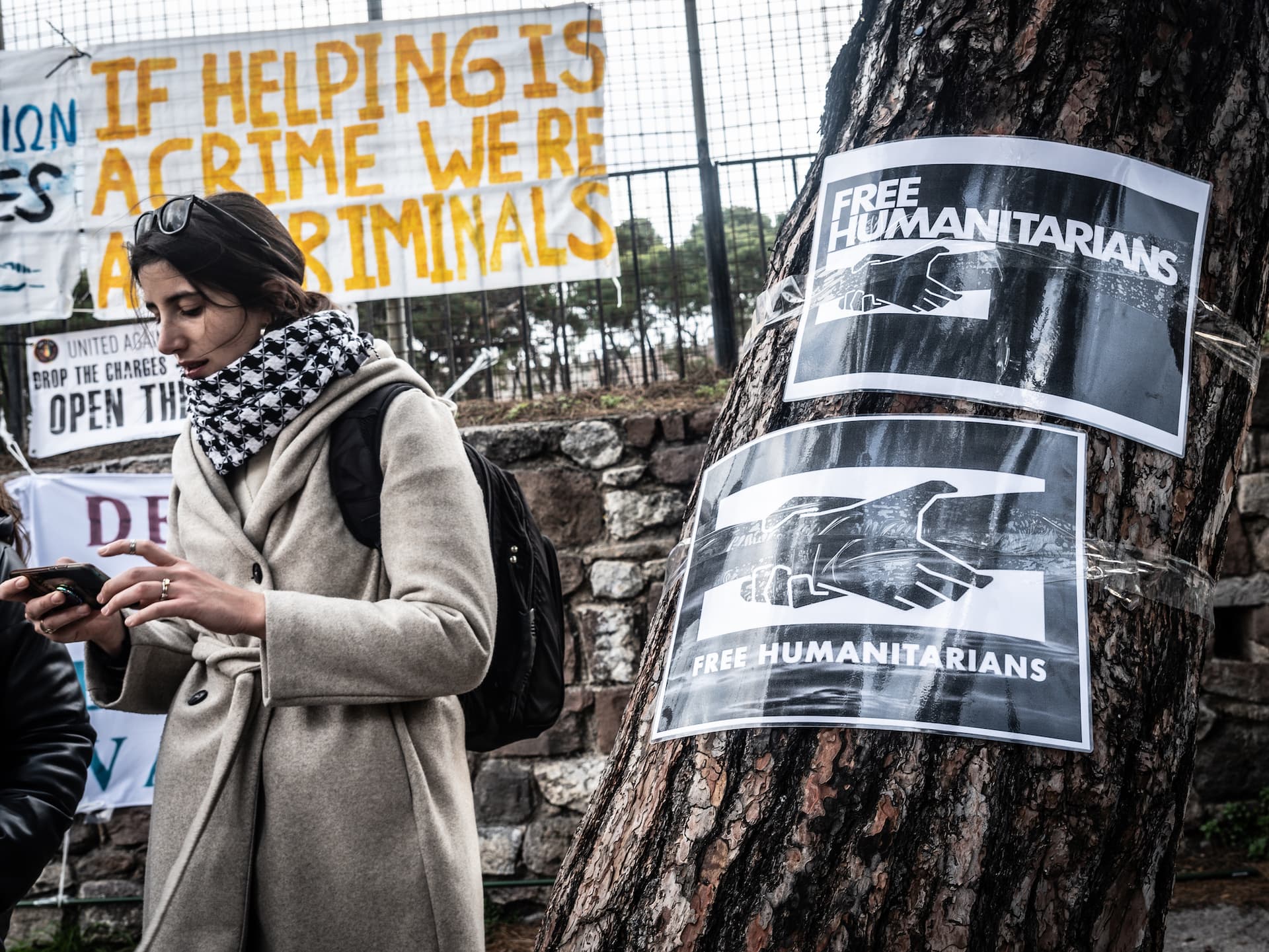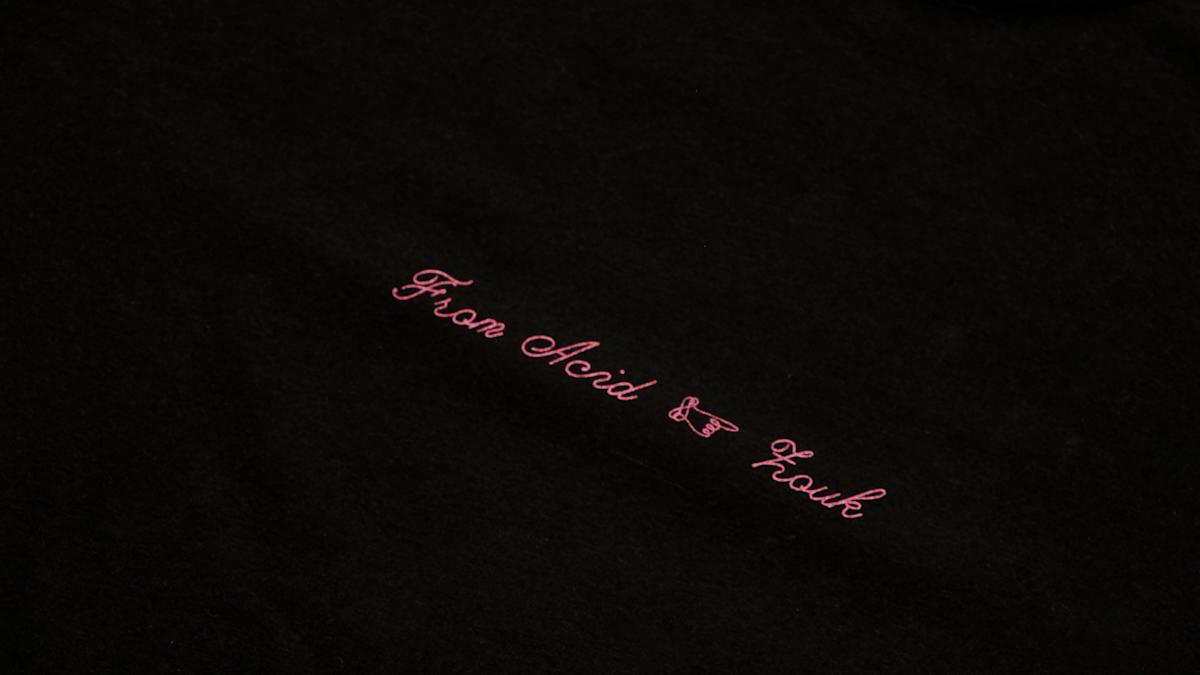
moe. and Acidfinky to host a fundraiser for Sudan and Palestine
Come down next Wednesday, December 10th.
Loading

Berlinale controversy | Airstrikes on Rafah | Northern Ireland's new first minister
By Staff
Our weekly roundup of stories you may have missed.
Israeli forces target Rafah
Israeli airstrikes have hit Rafah in Gaza, an area that was previously designated as a "safe-zone" for fleeing Palestinian civilians. Defence Minister Yoav Gallant, whose statements were frequently used as examples of genocidal rhetoric during last month's ICJ hearings, declared that ground forces will now target the area, saying “we will continue until the end, there is no other way.” Over 27,000 Palestinians have now been killed by Israeli forces in Gaza since October.
The UNRWA, a key pipeline for aid into Gaza, has announced it may have to suspend its operations at the end of this month after the US, UK, Germany and several other countries withdrew their funding of the body. Spain announced on Monday an additional 3.5 million euros to help support the organisation.
AfD politicians invited to Berlinale
The Berlinale Film Festival has come under intense criticism after two members of the far-right AfD party were invited to the opening ceremony on 15 February. An open letter signed by over 200 international film professionals criticising the festival was circulated on Friday. Berlinale issued a statement claiming that the festival “stands for basic democratic values and against right-wing extremism” and “joins the protests” against the far right, but has failed to withdraw the invitations.
Northern Ireland has a republican first minister
Michelle O’Neill of the Sinn Fein party has been appointed as Northern Ireland’s (NI) First Minister, marking the first time in history that an Irish republican has held the top position in the country’s government.
Retained as a UK territory following the struggle for Irish independence in 1921, NI is governed under a power-sharing agreement between unionists who want to be part of the UK, and nationalists who want to reunite with Ireland. Sinn Fein celebrated the news, saying that after a century of British rule, reunification with Ireland may now be “within touching distance.”
Tamil population protests on Sri Lankan Independence Day
Sunday 4 February marked the 76th anniversary of Sri Lankan independence from the British Empire. On the same day, the island’s Tamil population protest the Sri Lankan state-sponsored colonisation of Tamil homelands and genocide against the Tamil people. Among the Tamil population, the day is known as Black Day. Protesting state oppression, military occupation, and lack of basic human rights, Tamil people raised black flags across the Northeastern region of the island. This year’s protests were met with the Sri Lankan state authorities firing tear gas and water cannons at the attendees.

Free Humanitarians celebrate legal success
After a six-year legal battle, 16 humanitarians have been declared innocent by the Greek Mytilini Court in Lesvos. The defendants worked with sea rescue organisations to save asylum seekers in the Mediterranean before their criminalisation by Greek authorities, who accused them of laundering, espionage, illegally using radio frequencies and more in 2018. The decision sets crucial foundations for the upcoming felony trial that activists, including Sara Mardini and Seán Binder, are yet to face. Donate to Free Humanitarians to help fund their legal defence.
Kurdish captives executed in Iran
Iran’s regime has executed four Kurdish men. Mohsen Mazloum, Pejman Fatehi, Vafa Azarbar, and Mohammad Faramerzi were put to death on 29 January, despite widespread public outcry and attempts by relatives and human rights organisations to challenge their death sentences. Iran’s Kurdish population has long been systematically oppressed and persecuted alongside other activists and oppositional voices by the Islamic Republic. According to Hengaw, the regime executed 829 people in 2023 alone.
Mass protests against femicide in Kenya
Thousands of people took to the streets in cities across Kenya last week to protest the rise in femicides. In January alone 21 femicides were reported, with the actual figure expected to be higher. But politicians and state authorities continue to disregard the urgency of the matter.
Campaigners of Usikimye, an organisation working towards ending sexual and gender-based violence, demand those in power to finally recognize and take action against femicides. The anti-femicide demonstrations were the largest mobilisation against sexual and gender-based violence in Kenyan history.
Header image licensed under CC BY-SA 4.0 DEED.

Come down next Wednesday, December 10th.

This week: Gaza Biennale, embodiment workshops, listening sessions

Out now, featuring every genre we've ever had on the radio.